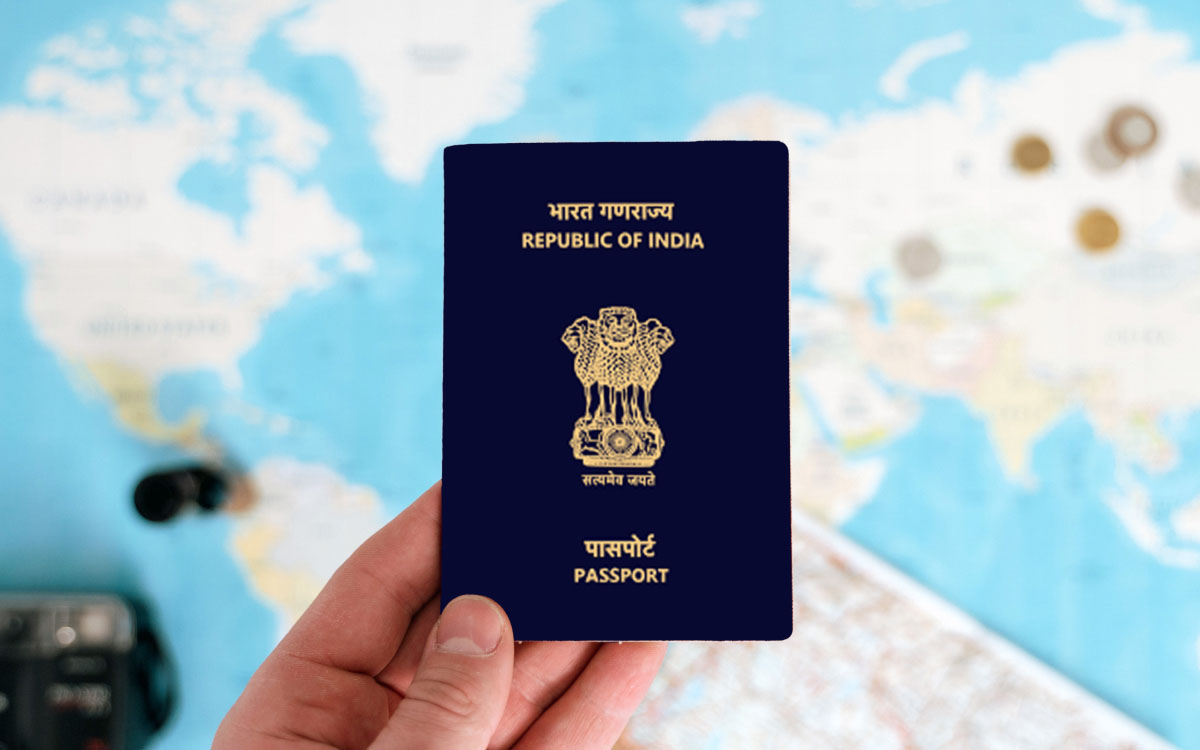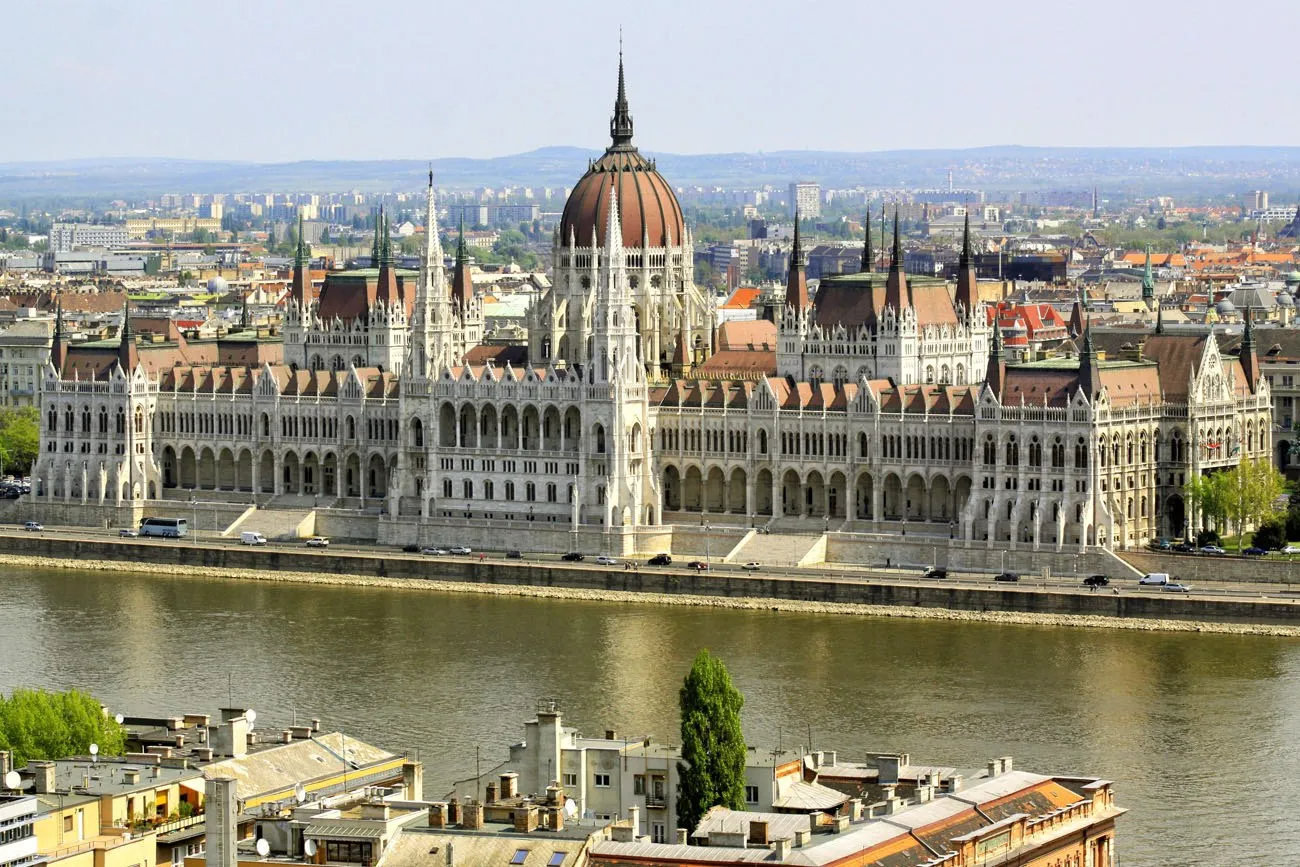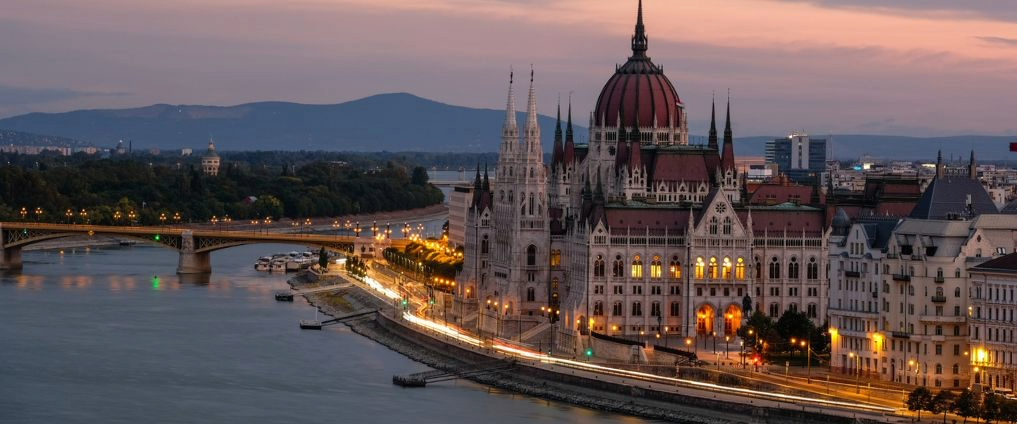In February 2025, Portugal continues to be one of the major favourite destinations among expats, retirees, and digital nomads, given its wonderful climate, rich cultural heritage, and good quality lifestyle with relatively affordable prices. From its picturesque coasts to breathtaking sceneries of the countryside, there is a lot that different landscapes can offer for different tastes, turning the country into an ideal destination for living or just for temporary stays. Compared to other Western European countries, it is generally cheaper to live in Portugal, particularly in housing, food, and other everyday expenses, making it highly attractive for those wanting to make their budget go a bit further without sacrificing the quality of living.
This comprehensive guide gives a detailed breakdown of what one can expect in terms of costs in Portugal, regarding key expenses like housing, food, transportation, healthcare, and leisure. Housing in Lisbon and Porto is more expensive, but there are very affordable options in smaller towns and rural areas. There is great diversity in the food, with fresh, local produce and dining options that are not too costly. This guide will take you through public transportation that is efficient, healthcare can also be accessible and of great quality, especially through a public health system. Well, here’s a guiding hand to help you know better such expenses, providing the insights one needs for moving or having plans with confidence in Portugal.
Housing and Accommodation Costs in Portugal

The cost of housing in Portugal varies significantly depending on the region, the type of property, and the proximity to urban centers.
- Major Cities:
- Lisbon: As the capital and largest city, Lisbon commands the highest rental prices in Portugal. A one-bedroom apartment in the city center typically averages €945 per month, with rents outside the city center ranging from €755 to €850. Prices in prime locations like Baixa, Alfama, or Bairro Alto tend to be on the higher end, while more residential areas such as Areeiro or Alvalade can be more affordable. For those willing to live further from the heart of the city, suburbs such as Amadora or Odivelas may offer cheaper rents. These rental prices reflect the city’s appeal to expatriates, digital nomads, and those working in Lisbon’s thriving business sectors.
- Porto: Porto, Portugal’s second-largest city, is generally more affordable than Lisbon but still quite popular due to its charm, rich history, and rapidly developing tech scene. Rental prices for a one-bedroom apartment in the city center range from €800 to €1,200, depending on the location and amenities. Areas such as the historic Ribeira district, Foz do Douro, and Boavista tend to be on the higher end of the spectrum. However, in neighborhoods like Paranhos or Campanhã, prices can drop to around €650–€1,000 per month. Porto is an ideal option for those seeking a balance between city life and more affordable housing compared to Lisbon.
- Algarve (e.g., Faro): The Algarve, known for its stunning beaches and temperate climate, is a popular destination for both tourists and retirees. Renting a one-bedroom apartment in city centers like Faro or Albufeira can cost between €600 and €900 per month, depending on the proximity to the coast and the type of property. If you’re willing to move away from the tourist-heavy areas, rents in rural towns like Loulé or Silves are typically lower, ranging from €500 to €800. This region offers excellent value for those seeking a laid-back lifestyle in a beautiful setting while still maintaining access to modern amenities.
- Utilities: Monthly utility costs (electricity, water, gas, internet) for a typical 85 m² apartment generally range from €115 to €120, depending on the usage and the region. Larger apartments or those in less energy-efficient buildings may see higher utility bills, while energy-efficient homes or apartments in newer buildings tend to have lower costs. These utility costs include the basics—water, electricity, gas, internet, and garbage collection—and remain relatively affordable compared to other European countries. It’s important to keep in mind that during the hotter summer months, air conditioning use may increase electricity costs.
- Property Purchase: Purchasing property in Portugal is an attractive option for both locals and expatriates, although prices vary greatly by location.
- Lisbon: In Lisbon, the average price per square meter for property purchase is approximately €5,633. Neighborhoods like Chiado, Príncipe Real, and Baixa are at the top end of the market, while more residential areas like Campo de Ourique or Estrela may offer somewhat more affordable options, though still expensive by national standards. Lisbon’s status as a business hub and cultural center drives property demand, making it a hot market for investors.
- Cascais: Cascais, a coastal town just outside Lisbon, is one of the more expensive areas in Portugal. Here, property prices hover around €5,062 per square meter. Cascais is a popular spot for expatriates and wealthy locals, known for its beaches, marina, and upscale atmosphere. Though still relatively affordable compared to cities like London or Paris, prices here reflect the area’s exclusivity and desirability.
- Algarve (e.g., Faro): For those looking for more affordable property options, the Algarve region offers better value, with average property prices around €1,250 per square meter. The Algarve is known for its serene countryside, charming coastal towns, and slower pace of life, making it an ideal choice for retirees or those seeking to invest in holiday homes. However, in popular tourist hotspots like Lagos, Albufeira, or Vilamoura, prices can be higher, especially for properties near the beach or with scenic views.
Food and Grocery Costs in Portugal
Food prices in Portugal remain quite affordable, especially when purchasing local produce, which is both fresh and inexpensive compared to many other European countries.
- Monthly Grocery Costs:
- Single Person: The average monthly grocery costs for a single person are around €250. This can vary depending on dietary preferences, such as whether you buy more organic products or choose to shop in premium stores.
- Family of Four: For a family of four, grocery expenses typically range from €500 to €700 per month, depending on lifestyle choices and consumption habits. Larger families or those with specific dietary requirements may find their monthly grocery budget to be on the higher end of this range.
- Grocery Prices: Some common grocery items in Portugal are priced as follows:
- Milk (1 liter): €1.50
- Bread (loaf): €1.20
- Rice (1 kg): €1.50
- Chicken (1 kg): €5.00
- Apples (1 kg): €2.00
- Cheese (1 kg): €8.00 These prices reflect the cost of buying from regular supermarkets and local markets, which offer a variety of Portuguese products at affordable rates. Many staples like bread, milk, and rice are particularly cost-effective, contributing to the overall affordability of grocery shopping.
- Dining Out: Dining in Portugal remains relatively inexpensive, especially when compared to other Western European countries:
- Inexpensive Restaurant Meal: A casual meal at a local restaurant typically costs between €10 and €15 per person. This includes a variety of Portuguese dishes, such as grilled sardines, seafood rice, and pastries.
- Three-Course Meal for Two: At a mid-range restaurant, a three-course meal for two people will cost around €45 to €70, depending on the location and the type of restaurant. Prices in more tourist-heavy areas like Lisbon’s Baixa district or Porto’s Ribeira may be higher than in smaller towns.
Transportation Costs in Portugal
Portugal boasts a well-developed and affordable public transportation system, making it easy for residents and visitors to get around without needing a car.
- Public Transport:
- In Lisbon, a monthly public transport pass, which covers the metro, buses, and trams, costs approximately €40. This makes it an economical option for daily commuting within the city. You can also purchase single-trip tickets for around €1.50, which is relatively affordable for those who don’t use public transport frequently.
- In Porto, public transportation is similarly priced, with a monthly pass costing about €40. The public transport system in Porto also includes metro, buses, and trams, and is an efficient way to explore the city and its surrounding areas.
- Car Ownership:
- Gasoline prices in Portugal are approximately €1.70 per liter, which is consistent with average prices in Europe. If you plan on driving frequently, it’s worth considering the costs of refueling when budgeting for car ownership.
- Car Rentals: For those who need a vehicle temporarily, car rentals range from €280 to €400 per month, depending on the type of car and rental conditions. Prices can fluctuate based on factors such as the season, vehicle size, and rental duration.
- Taxis and Ride-Hailing:
- Taxi fares in Portugal start at €3.50, with a rate of approximately €1.29 per kilometer. This makes taxis a convenient option for short trips around the city, though they can become more expensive for longer distances.
- Ride-hailing services, such as Uber or Bolt, are widely available in Lisbon, Porto, and other urban areas. Short trips typically cost between €5 and €10, making them a flexible and cost-effective choice for traveling around without a car.
Healthcare Costs in Portugal

Portugal offers both public and private healthcare options that are accessible and affordable, making it an attractive destination for residents and expatriates seeking reliable medical care.
- Public Healthcare: The public healthcare system in Portugal, known as Serviço Nacional de Saúde (SNS), provides comprehensive services at minimal costs. Residents, including expatriates who are registered, can access public healthcare at very affordable rates. The cost for a doctor’s consultation in the public system is typically between €5 and €20, depending on the type of care needed. Hospital stays and other treatments also have low fees, making it a cost-effective option for most people living in Portugal. Additionally, the public system covers essential services like emergency care, surgeries, and preventive care.
- Private Healthcare:
- For those who prefer faster service or higher levels of comfort, private healthcare is widely available. A private doctor’s consultation typically costs between €50 and €100, depending on the specialist and the location. In larger cities like Lisbon and Porto, the cost tends to be on the higher end of the scale.
- Private Health Insurance: Private health insurance is available to cover additional health services or to ensure quicker access to private medical facilities. Insurance premiums typically range from €30 to €100 per month, depending on the coverage level. For expatriates, private health insurance is often recommended, especially if they prefer to avoid the longer wait times sometimes associated with the public system. The cost of private health insurance is relatively affordable compared to other Western European countries, offering good coverage for both routine and emergency care.
Education Costs in Portugal
The cost of education in Portugal can vary significantly based on the type of institution and whether you choose public or private options.
- Public Schools: Education in public schools is free for residents and expatriates who are registered with the Portuguese government. While tuition is not charged, additional costs may apply for items such as uniforms, school supplies, and extracurricular activities. These additional expenses are typically modest, with some schools offering subsidized options for lower-income families. Public schools in Portugal are known for their high educational standards, particularly in core subjects like Portuguese, mathematics, and sciences.
- Private and International Schools: Private and international schools offer an alternative for families who prefer a different curriculum or educational approach. Tuition fees at these institutions vary widely, ranging from €5,500 to €19,420 per year. The cost depends on the school’s location, the curriculum offered (such as international baccalaureate or American high school diplomas), and the school’s facilities. International schools catering to expatriates, particularly in Lisbon, Porto, and the Algarve, tend to be on the higher end of this scale. Additional fees for activities, uniforms, and books can increase the overall cost.
- Higher Education: For university students, public universities in Portugal are relatively affordable compared to other European countries. EU students typically pay between €1,000 and €2,000 per year in tuition fees. Private universities, on the other hand, charge higher fees, typically ranging from €5,000 to €10,000 annually. Portugal’s public universities offer high-quality education, particularly in fields such as engineering, economics, and the arts. Private universities may provide specialized programs or a more international-focused curriculum, and tuition fees reflect this difference. Scholarships and financial aid are available, particularly for higher education, and EU students may benefit from additional support.
Entertainment and Leisure Costs in Portugal

Leisure activities in Portugal offer great value for money compared to many other European countries, making it an attractive place for those who enjoy both cultural and recreational pursuits.
- Cinema: Going to the movies in Portugal is relatively inexpensive, with ticket prices ranging from €7 to €10 depending on the theater and location. Major cities like Lisbon and Porto may have slightly higher prices, while smaller towns may offer tickets at the lower end of this range. Special screenings, such as 3D or IMAX, can cost a bit more.
- Gym Membership: Fitness enthusiasts will find that gym memberships in Portugal are affordable. Prices typically range from €25 to €60 per month, depending on the gym’s location, facilities, and membership options. Basic gyms tend to be on the lower end, while premium gyms offering more services, such as swimming pools or fitness classes, may charge higher fees. Many gyms also offer discounts for longer membership commitments or special promotions.
- Dining Out: Dining out in Portugal is an enjoyable and affordable experience, particularly for those who appreciate fresh, local cuisine.
- Casual Restaurants: A meal at a casual restaurant typically costs between €10 and €15 per person. This is for a variety of local dishes such as bacalao (salted cod), grilled sardines, or hearty Portuguese stews, making it an affordable option for those eating out regularly.
- Three-Course Meal for Two: If you’re looking for a more formal dining experience, a three-course meal for two at a mid-range restaurant will usually cost between €45 and €70. The cost varies depending on the restaurant’s location, with tourist-heavy areas typically being more expensive. However, local spots in smaller towns or outside city centers often offer equally delicious meals at lower prices.
Miscellaneous Costs in Portugal
In addition to essential living expenses, there are a variety of other costs that residents and expatriates in Portugal may encounter.
- Personal Care: Personal grooming and beauty treatments are relatively affordable in Portugal. A standard haircut typically costs between €10 and €20, depending on the salon and location. More specialized beauty treatments, such as a basic manicure or pedicure, generally range from €15 to €30. Spas and wellness centres may charge higher rates for luxury services, but basic treatments remain budget friendly.
- Clothing: Clothing prices in Portugal can vary, but they are generally in line with Western European standards. For example, a pair of jeans typically costs between €40 and €80, with variations depending on the brand and store. Other clothing items, such as shirts, dresses, and shoes, follow a similar price range, but bargains can be found at local markets or outlet stores, especially for non-branded clothing. Portugal also has a variety of shopping options, from international brands to local designers, which gives consumers flexibility depending on their budget.
- Mobile Plans and Internet: Staying connected in Portugal is affordable with mobile phone plans typically costing between €10 and €20 per month, depending on the provider and the services included, such as data limits and international calling options. Internet packages, which offer broadband services for home use, generally range from €20 to €40 per month, with higher-speed connections or bundled services (such as television or phone lines) sometimes costing a bit more. The availability of various providers ensures that residents can find packages that fit their specific needs and budget.
Conclusion
The cost of living in Portugal remains excellent value in 2025, especially considering a lot of Western Europe. Housing remains very affordable, with places such as Porto and the region of the Algarve continuing to be rather affordable, while Lisbon still has a mix of everything across every price range. Eating well is both cheap and varied, with fresh, locally sourced produce and affordable dining options, making it very easy on the wallet. The public transportation is efficient and inexpensively priced, further adding to the overall affordability of the country, while health care-both public and private-is good quality without the high costs in many parts of Europe.
With its low living expenses, high quality of life, and beautiful surroundings, Portugal is considered one of the best countries to which expatriates, retirees, and digital nomads can relocate. The cost of living in different regions determines how well one will live; thus, knowing the prices of major commodities in these regions could help one budget for a comfortable lifestyle. From renting in Lisbon to settling down in smaller towns, Portugal is the ideal environment for those looking for a well-rounded life and lower cost of living.










